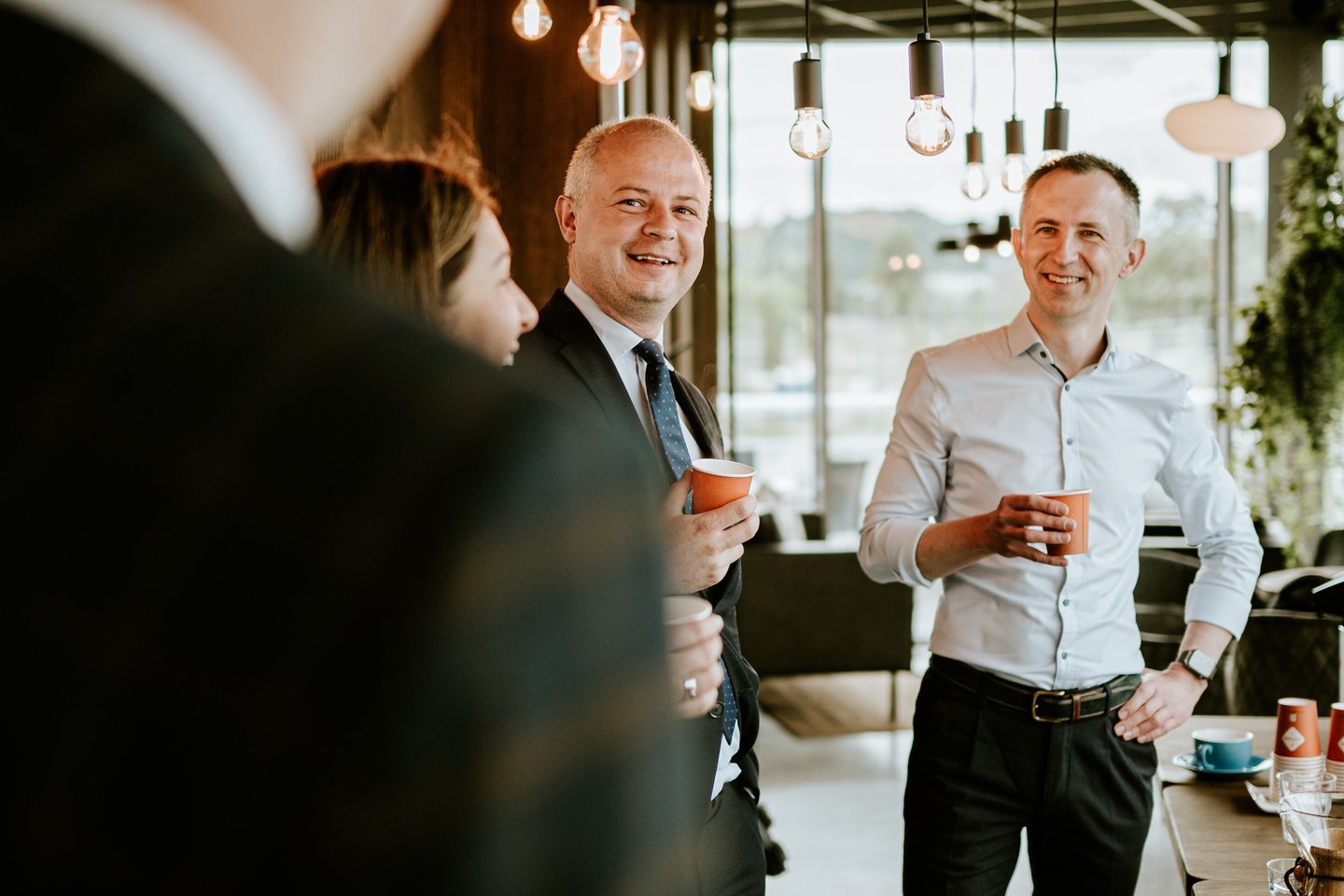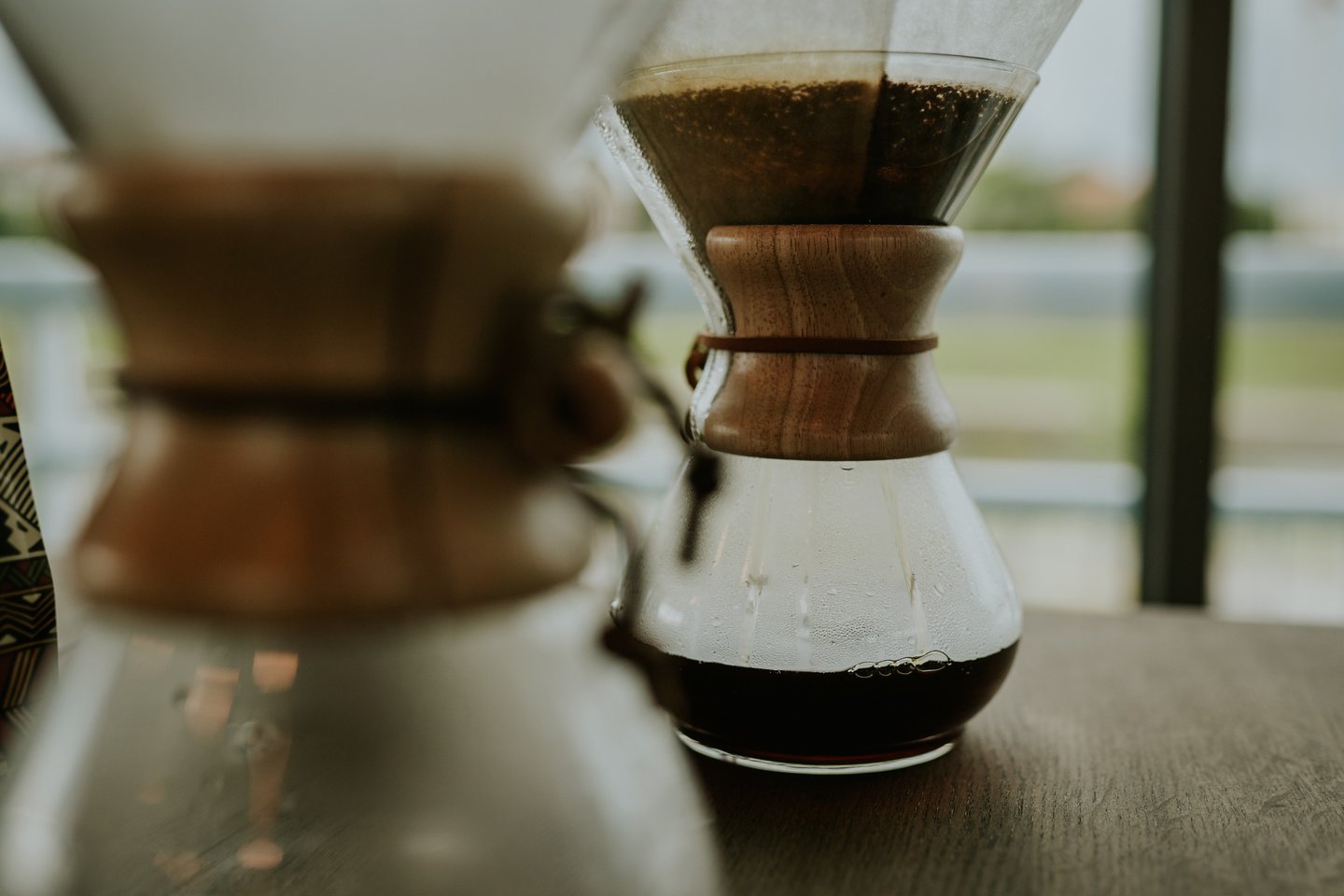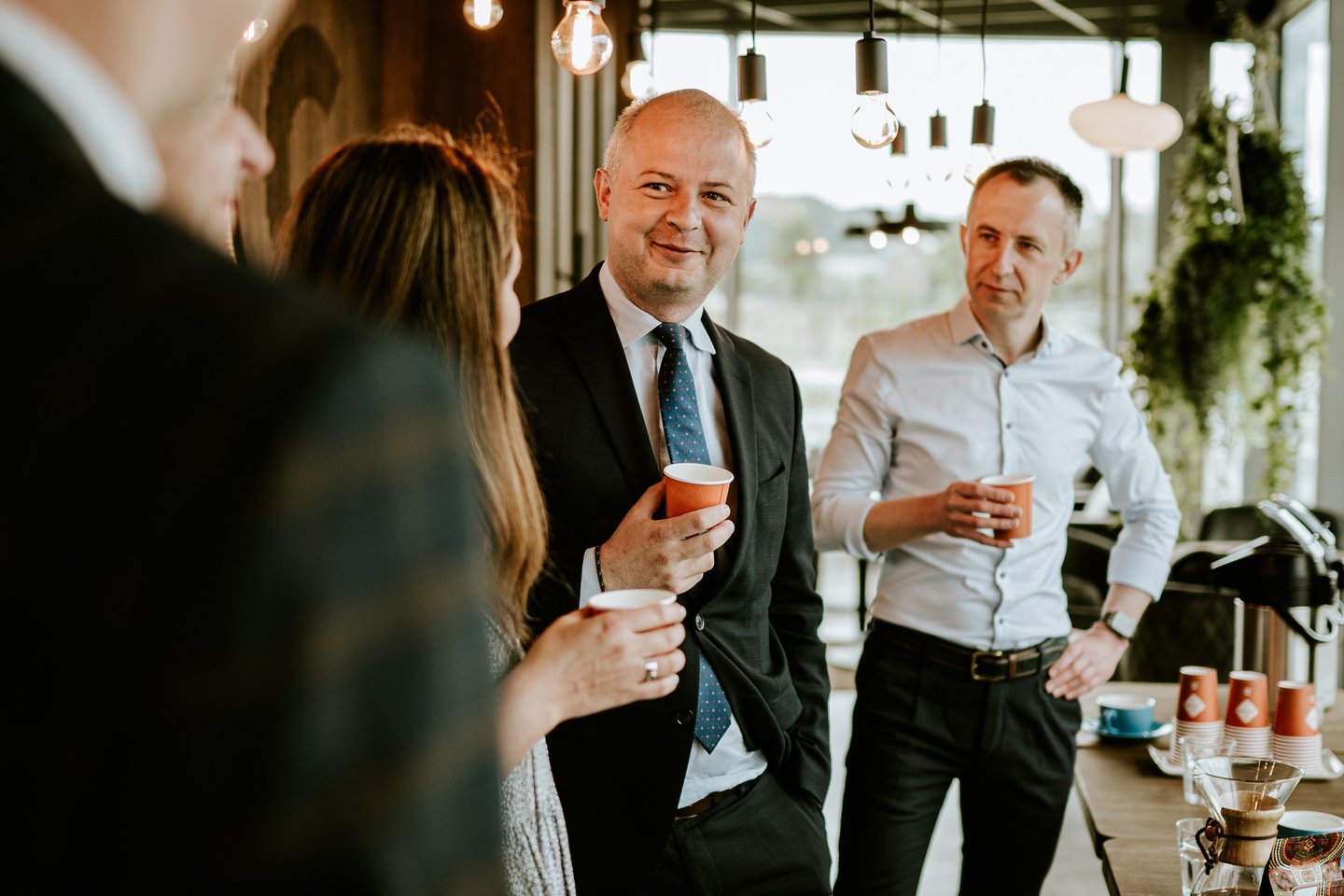„If you love nature, nature loves you – this is the motto we are using to launch a new phase. For us, switching to organically-grown coffee is a big step forward and an important goal of our long-term sustainability strategy. Such a change is challenging, but we believe it is meaningful and necessary. We are also pleased that we have managed not only to ensure an uninterrupted supply of organic coffee but also to offer it to the consumer at the same price,“ says Saulius Žilėnas, CEO of Reitan Convenience Lithuania, which operates the Caffeine chain of cafés.
This coffee is grown organically on farms, which means that not only are the beans cleaner, but also the air, the land – the whole environment – are cleaner, and the local flora and fauna are not harmed. These beans are grown on certified organic farms and are only fertilised with organic fertilisers such as compost, the pulp left over after the beans have been picked, or such. Sustainably grown coffee contributes to the preservation of nature and health.
Environment Minister Gentvilas congratulates businesses that are striving to be leaders in sustainability.
„Sustainability, especially in the food sector, is not an easy path, and I always applaud businesses that take it on. These issues are inevitable, and I am glad that there are businesses that are taking the lead, sharing their best practices and inspiring change in others,“ the minister shared his thoughts.
For those who have already come to love Caffeine organic coffee, roasting professionals emphasise that the taste of the beverage is unchanged by the use of organic beans.
A couple of years ago, Caffeine significantly reduced the use of plastic packaging, tools, and straws and started pouring its drinks into Future Smart cups, the inner part of which is not made from oil but from renewable plant-based raw materials such as sugarcane. These cups were accompanied by unique plant-based lids, which, according to the company, have no analogues in the Lithuanian market so far. They are 100% naturally decomposable, using wood fibres and sugar cane bagasse.
Mariette Kristenson, CEO of Reitan Convenience, which owns the Caffeine chain, believes that sustainability is not a regional challenge but a global issue.
„Our vision is clear – to find, develop and implement solutions that practically address the biggest global challenges. We are ready to initiate and lead innovations that will help make sustainability a part of our daily lives. Moving to organic coffee or products made from renewable raw materials is proof that we are doing it here and now, not waiting for the market to dictate,“ says Kristenson.
Caffeine was acquired three years ago by Reitan Convenience, a Norwegian company that operates the Narvesen and Lietuvos Spauda convenience shopping chains in Lithuania.





